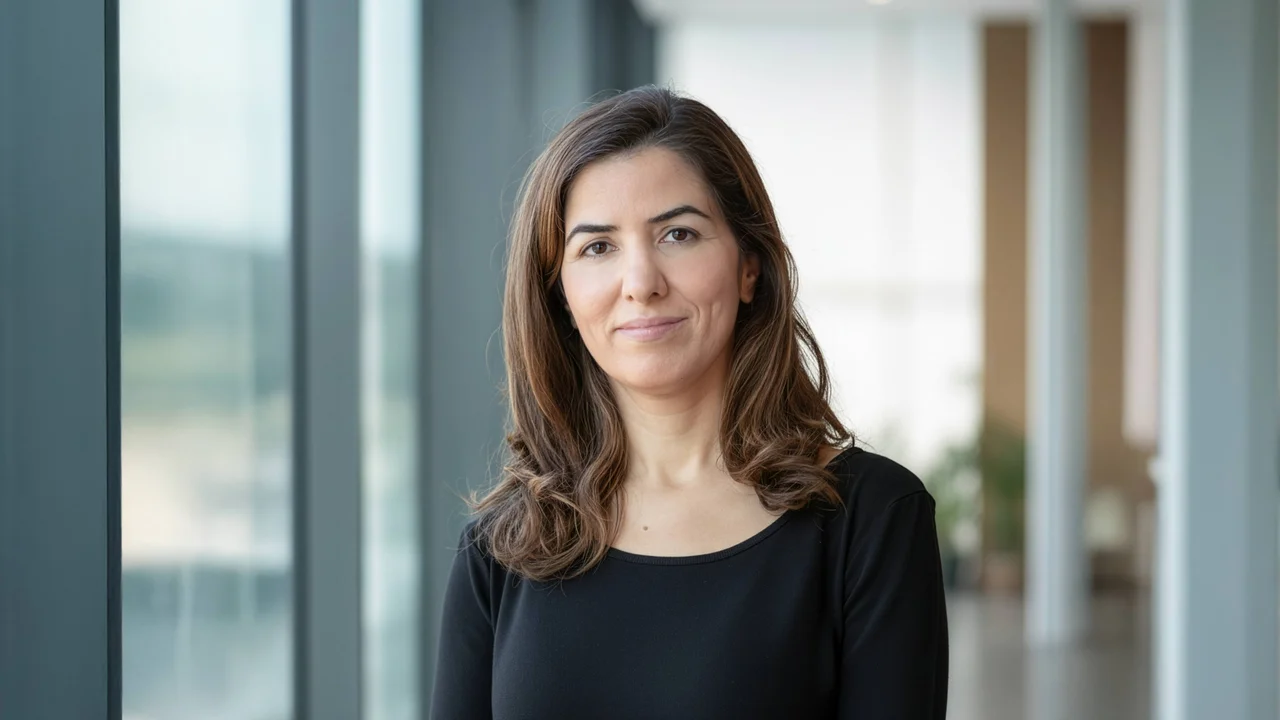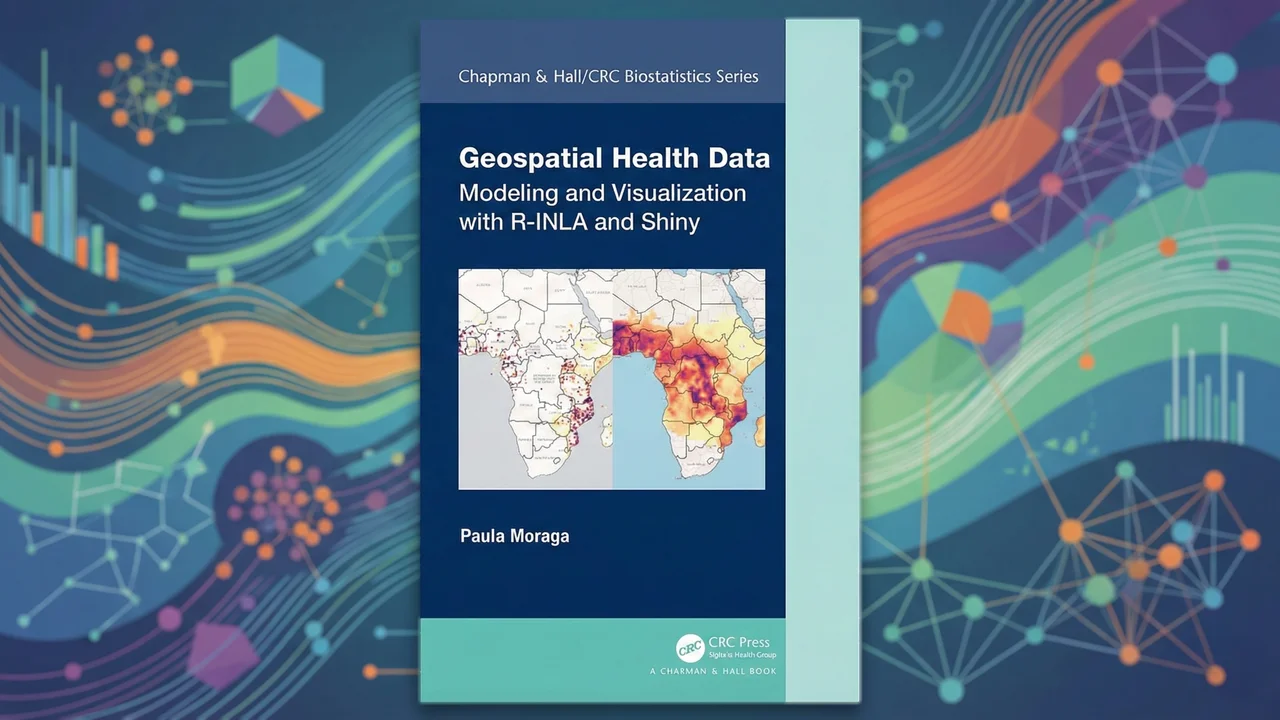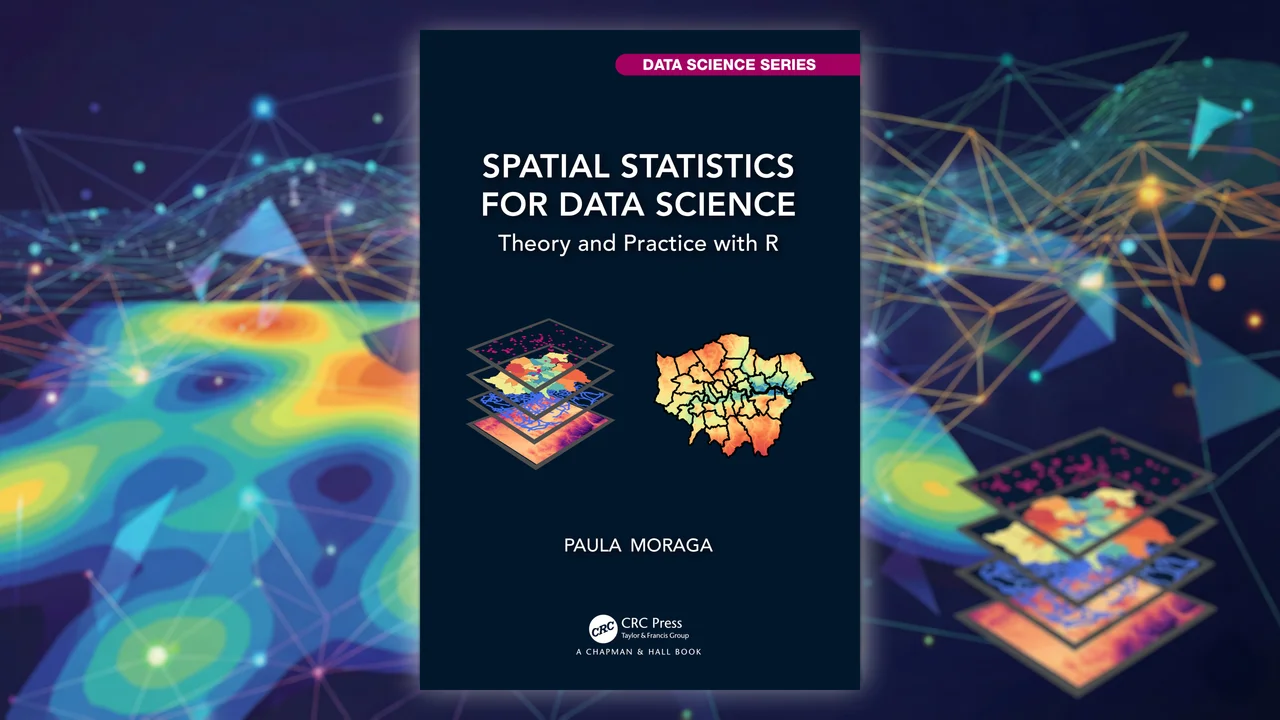
Paula Moraga
Dr. Moraga develops innovative statistical methods and computational tools for geospatial data analysis and health surveillance. The impact of her work has directly informed strategic policy in reducing the burden of diseases such as malaria and cancer in several countries.
Biography
Paula Moraga is an Assistant Professor of Statistics at KAUST and the principal investigator of the GeoHealth research group. Before joining KAUST in 2020, she held academic statistics positions at Lancaster University, Harvard School of Public Health, London School of Hygiene & Tropical Medicine, Queensland University of Technology and the University of Bath. She received a Ph.D. in statistics from the University of Valencia and a master’s in biostatistics from Harvard University.
Moraga’s research focuses on developing innovative statistical methods and computational tools for geospatial data analysis and health surveillance. She has developed modeling architectures to identify targets for intervention for diseases such as malaria in Africa, leptospirosis in Brazil and cancer in Australia. Additionally, she has created several R packages for Bayesian risk modeling, cluster detection and travel-related spread of disease.
Her work has directly informed strategic policy in reducing the burden of diseases such as malaria and cancer in several countries. Moraga has published extensively in leading journals and authored the books "Geospatial Health Data" and "Spatial Statistics for Data Science." In 2023, she received the Letten Prize from the Letten Foundation and the Young Academy of Norway for her pioneering research in disease surveillance and her contributions to sustainable health and environmental solutions globally.
Research Interests
Dr. Moraga has worked in statistical research for over a decade, focusing strongly on spatial epidemiology and modeling. She develops innovative statistical methods and computational tools for geospatial data analysis and health surveillance, including methods to understand geographic and temporal patterns of diseases, assess their relationship with potential risk factors, identify clusters, measure inequalities and quickly detect outbreaks.
Dr. Moraga is a fervent advocate for open science and reproducible research. She has created educational materials that impact learning on a large scale, including her books "Geospatial Health Data: Modeling and Visualization with R-INLA and Shiny" (https://www.paulamoraga.com/book-geospatial/) and "Spatial Statistics for Data Science: Theory and Practice with R" (https://www.paulamoraga.com/book-spatial/). Her training courses support researchers as they develop sustainable solutions to local issues, and her books have been cited in works that address multiple diseases and health conditions such as COVID-19, neglected tropical diseases, cancer, anemia, malnutrition, child maltreatment, and mental issues.
Professional Profile
Service Contributions
- Public Outreach
-
-
Dr. Moraga has communicated her research to the public via TV interviews (BBC News in the UK, IB3 and TV3 in Spain), science podcasts, blog posts, the World Federation of Science Journalists, and general interest articles in Arab News, Cadena Ser, La Vanguardia, El Periodico, Sabq News, Wired, and other publications, 2020 - present
-
- Service to the Discipline or Profession
-
-
Associate Editor of the Journal of the Royal Statistical Society Series A, and the rOpenSci’s project for developing a peer review system for statistical software., 2020 - present
-
Awards and Distinctions
- Letten Prize, Letten Foundation and the Young Academy of Norway, 2023
- "La Caixa" Fellowship for postgraduate studies, Harvard University, 2010
- "Ibercaja" Research Fellowship, Harvard Medical School, 2009
- Extraordinary Doctoral Award, University of Valencia, 2012
- Keynote, The Nordic Baltic Meeting, The Norwegian Academy of Science and Letters, 2023
- Keynote, useR! 2022, the annual international R user’s conference, 2022
- Keynote, 13th International Conference on Geostatistics for Environmental Applications, 2021
Education
- Doctor of Philosophy (Ph.D.)
- Mathematics, University of Valencia, Spain, 2012
- Master of Science (M.S.)
- Biostatistics, Harvard University, United States, 2011
- Bachelor of Science (B.S.)
- Mathematics, University of Valencia, Spain, 2006
Related Media


Quote
In the GeoHealth research group, we develop frontier geospatial methods and computational tools to solve challenging problems in public health and make a positive impact on the world.
Questions and Answers
Why KAUST?
KAUST is a world-class research-intensive university that provides unparalleled resources and support to reach your full potential and deliver a real impact in the world.
Why geospatial statistics and health surveillance?
Geospatial statistics is crucial to solve challenging problems that arise in a variety of fields such as epidemiology, ecology and the environment. For example, it is important to estimate disease burden, assess air quality, predict the occurrence of species, and evaluate and monitor the United Nations Sustainable Development Goals. I am enthusiastic about working on innovative geospatial methods and computational tools that improve decision-making and have a great impact on the health and wellbeing of the population.